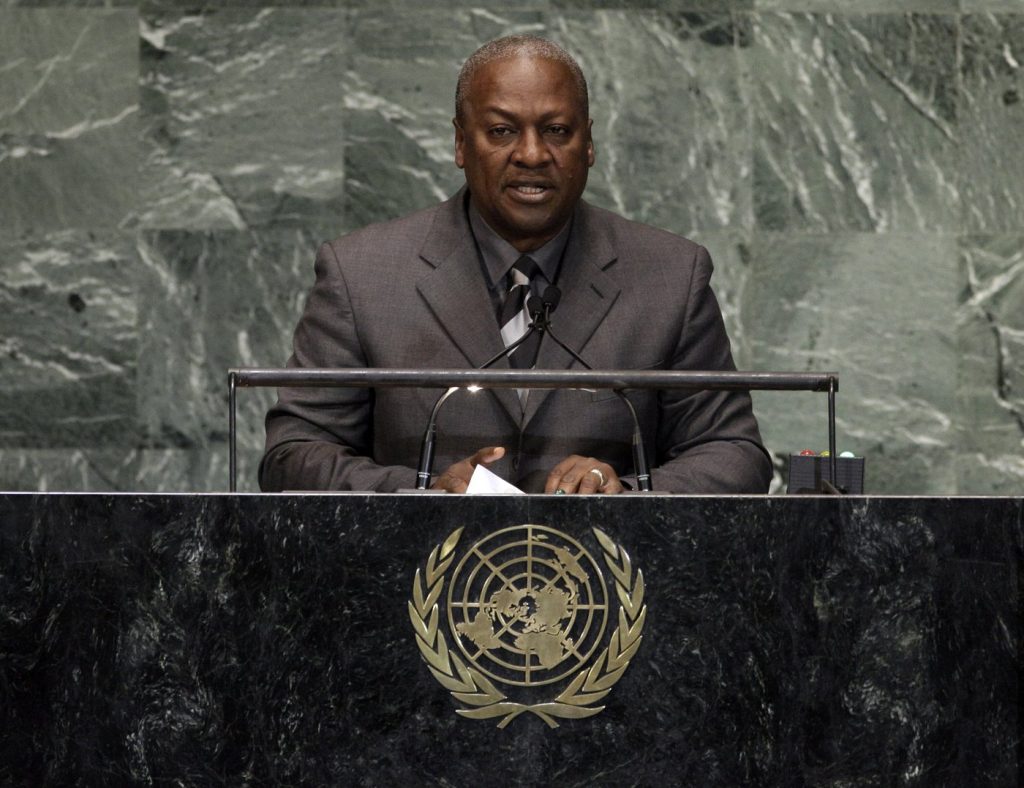A federal judge has raised serious concerns regarding the Trump administration's actions to potentially bypass U.S. court orders that prevent the deportation of five African immigrants. On Saturday, U.S. District Judge Tanya Chutkan indicated that the administration appeared to be executing an "end run" by sending these immigrants to Ghana, which could subsequently transfer them to countries where they might face torture or even death. This alarming situation underscores the ongoing complexities surrounding immigration policies and legal obligations.
The judge ordered the government to provide a detailed explanation by Saturday evening on how it plans to ensure that Ghana will not deport the immigrants to their home countries in violation of existing domestic court orders. It was highlighted in the courtroom by Lee Gelernt, an attorney with the American Civil Liberties Union (ACLU), that one of the plaintiffs has already been deported from Ghana to his native Gambia, a country to which a U.S. court had previously determined he could not be sent.
During the court proceedings, Elianis Perez from the Department of Justice defended the government's actions, stating that Ghana had assured that it would not send the immigrants elsewhere. However, she contended that Judge Chutkan had no authority over how another nation manages deportees. She referenced a recent ruling by the U.S. Supreme Court which allowed the administration to continue deportations to countries that individuals are not originally from, even if they had not been permitted to express concerns regarding the possibility of torture upon return.
Gelernt compared the current situation to that of Kilmar Abrego Garcia, who was wrongfully deported to El Salvador despite a court order that prohibited such action. He pointed out that the Trump administration claimed it could not facilitate Garcia's return after the wrongful deportation. Eventually, following a series of court directives mandating the administration to assist in his return, Garcia was able to come back to the U.S. and is now involved in ongoing legal challenges, including facing human trafficking charges and another attempt at deportation.
Judge Chutkan expressed significant skepticism regarding the administration's reliability in ensuring that the Ghanaian government would adhere to U.S. laws. "This appears to be a specific plan to make an end run around these obligations," she stated, demanding clarity about the government’s actions. She firmly instructed the administration not to claim a lack of control over Ghana in this matter.
In response to her inquiries, Chutkan issued a formal order giving the administration until 9 p.m. Eastern time to submit a declaration outlining their strategies to prevent any improper deportations of immigrants to their respective home countries from Ghana. This ongoing situation highlights the intersections of U.S. immigration policy, international law, and human rights considerations, stirring debate and concern among legal experts and human rights advocates alike.











